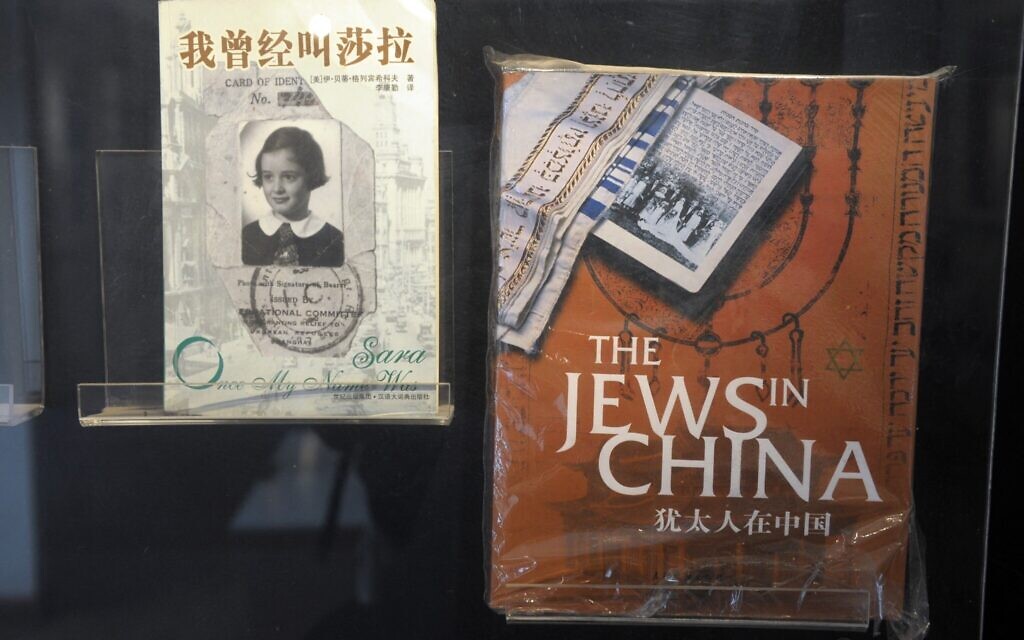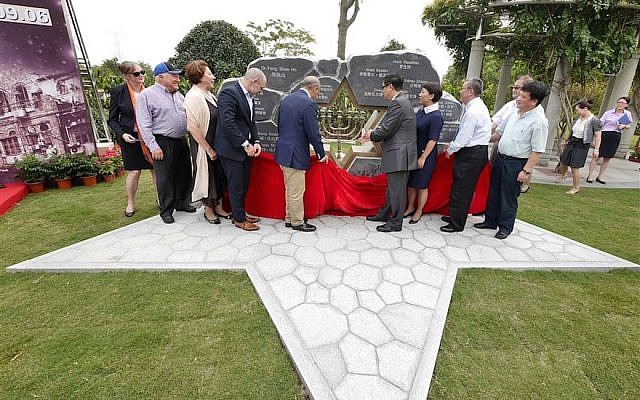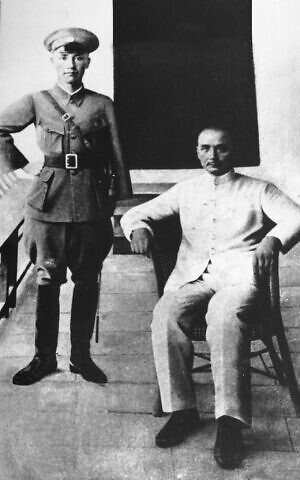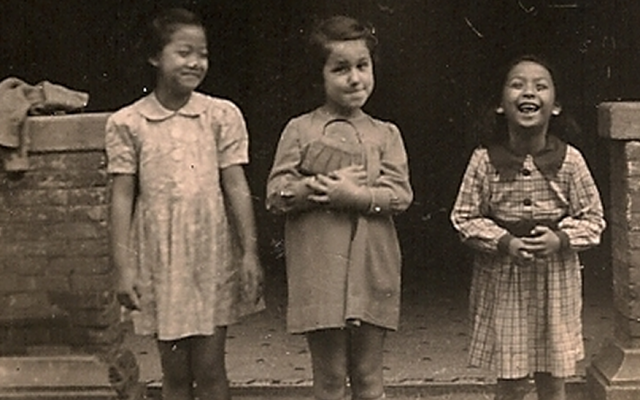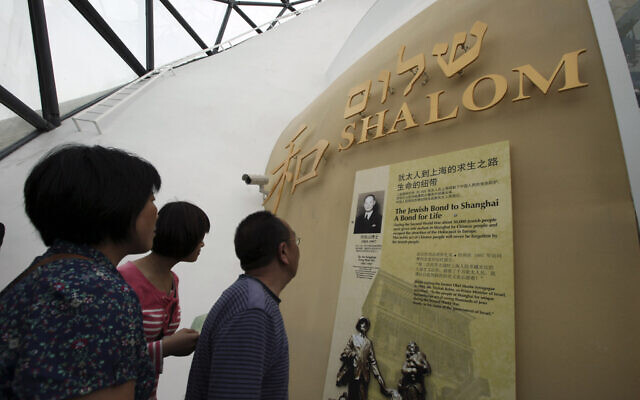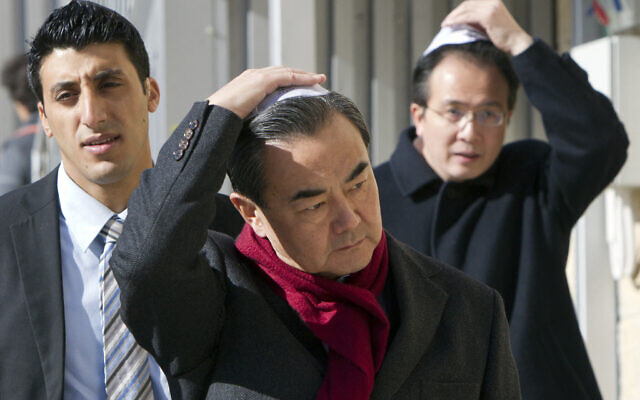Labour cases
DAWN
Published June 29, 2024

BEFORE 1972, significant labour litigation did not exist in Pakistan. When the first PPP government assumed charge under the leadership of Zulfikar Ali Bhutto, it carried out several amendments in the Industrial Relations Ordinance, 1969, purportedly for the welfare of workers. In this context, two additions were made in the labour judiciary: junior labour courts (JLC) and the National Industrial Relations Commission (NIRC).
Labour courts did exist and disposal of cases was far quicker than it is now, court proceedings began on time and defaulting parties were rarely granted adjournments. All proceedings took place in court and not in judges’ chambers, which is currently practised in some courts, and judges followed all rules faithfully.
For one of our company’s cases in a Lahore labour court, certain attendance and payroll registers were submitted as evidence. Later, the same records were required by the audit department of the company. A company representative approached the court for the material but the request was denied. However, the material could be photocopied within the judicial premises. The judge also ordered the company to make advance payment of electricity charges for the photocopy machine to the court. Although the judge’s order caused hardship for the company, he was correct about not permitting the registers to be taken out of the court premises. It prevented any tampering with the evidence.
For expeditious labour litigation, it was made mandatory for JLCs to decide cases within seven days. In the beginning, these fora adhered to the stipulated timeframe but eventually lethargy crept in, resulting in months of delay. Hence, the primary purpose of JLCs stood thwarted and the previous system was restored. The NIRC, on the other hand, was institted with the mandate to register trade unions and federations.
The labour courts now take years to decide lawsuits.
In the early 1970s, incidents of labour unrest and mob violence, orchestrated by labour unions at industrial sites across the country, became widespread. In fact, in Karachi’s SITE area, Korangi and Landhi, agitating workers manhandled and humiliated many factory owners; unremitting turmoil impacted industrial productivity and led to the closure of small and medium-sized enterprises, with the Federal Security Force, created by the PPP government, being deployed at larger factories. In 1973, the government added two comprehensive sections in the Industrial Relations Ordinance, 1969 to cover “unfair labour practices on the part of employers and the workmen”, and related cases were filed in the NIRC.
In view of the government’s pro-labour policy, NIRC head, retired justice Abdul Hameed, was sympathetic towards workers and, to appease union leaders, he adopted an aggressive stance towards representatives of the employers; he even ordered the imprisonment of a factory manager from Faisalabad. This particular decision sent waves of fear through the factory owners, making them wary of labour unions, and they also began to see the Commission as an intimidating body — an impression that lasted for nearly five years.
As activities of the labour federations and unions fell silent, the NIRC too became dormant. After the devolution of labour laws to the provinces through the 18th Amendment in 2010, a new concept of provincial and trans-provincial companies came into existence. The labour cases of provincial companies would continue to be filed before the labour courts, and those of trans-provincial companies went to the NIRC.
Despite the clear distinction, many lawyers file cases of aggrieved workers from trans-provincial companies in labour courts. When transferred to the NIRC, these cases start afresh, which delays remedy, causes frustration, and drains people of funds. The labour courts now take years to decide law suits pertaining to issues such as reinstatement. But courts alone are not responsible for these pile-ups, some petitioners should also take the blame for wasting the courts’ time with frivolous litigation. For example, when I served as personnel and administration services manager at a British multinational in Sheikhupura, a worker had filed a complaint against me, stating that I had abused and threatened him over his trade union activities and even barred him from entering the plant.
The judge asked me to swear on the Holy Quran to deny the worker’s allegations against me, and when I did so, both the petitioner and his lawyer vanished from the court. This proves that only compliance with specified procedures and fora for the redressal of workers’ woes — along with strict curbs on bogus litigations — ensures accelerated delivery of justice as well as a collective sigh of relief for the tormented.
The writer is a consultant in human resources at the Aga Khan University Hospital and Vital Pakistan Trust.
Published in Dawn, June 29th, 2024

BEFORE 1972, significant labour litigation did not exist in Pakistan. When the first PPP government assumed charge under the leadership of Zulfikar Ali Bhutto, it carried out several amendments in the Industrial Relations Ordinance, 1969, purportedly for the welfare of workers. In this context, two additions were made in the labour judiciary: junior labour courts (JLC) and the National Industrial Relations Commission (NIRC).
Labour courts did exist and disposal of cases was far quicker than it is now, court proceedings began on time and defaulting parties were rarely granted adjournments. All proceedings took place in court and not in judges’ chambers, which is currently practised in some courts, and judges followed all rules faithfully.
For one of our company’s cases in a Lahore labour court, certain attendance and payroll registers were submitted as evidence. Later, the same records were required by the audit department of the company. A company representative approached the court for the material but the request was denied. However, the material could be photocopied within the judicial premises. The judge also ordered the company to make advance payment of electricity charges for the photocopy machine to the court. Although the judge’s order caused hardship for the company, he was correct about not permitting the registers to be taken out of the court premises. It prevented any tampering with the evidence.
For expeditious labour litigation, it was made mandatory for JLCs to decide cases within seven days. In the beginning, these fora adhered to the stipulated timeframe but eventually lethargy crept in, resulting in months of delay. Hence, the primary purpose of JLCs stood thwarted and the previous system was restored. The NIRC, on the other hand, was institted with the mandate to register trade unions and federations.
The labour courts now take years to decide lawsuits.
In the early 1970s, incidents of labour unrest and mob violence, orchestrated by labour unions at industrial sites across the country, became widespread. In fact, in Karachi’s SITE area, Korangi and Landhi, agitating workers manhandled and humiliated many factory owners; unremitting turmoil impacted industrial productivity and led to the closure of small and medium-sized enterprises, with the Federal Security Force, created by the PPP government, being deployed at larger factories. In 1973, the government added two comprehensive sections in the Industrial Relations Ordinance, 1969 to cover “unfair labour practices on the part of employers and the workmen”, and related cases were filed in the NIRC.
In view of the government’s pro-labour policy, NIRC head, retired justice Abdul Hameed, was sympathetic towards workers and, to appease union leaders, he adopted an aggressive stance towards representatives of the employers; he even ordered the imprisonment of a factory manager from Faisalabad. This particular decision sent waves of fear through the factory owners, making them wary of labour unions, and they also began to see the Commission as an intimidating body — an impression that lasted for nearly five years.
As activities of the labour federations and unions fell silent, the NIRC too became dormant. After the devolution of labour laws to the provinces through the 18th Amendment in 2010, a new concept of provincial and trans-provincial companies came into existence. The labour cases of provincial companies would continue to be filed before the labour courts, and those of trans-provincial companies went to the NIRC.
Despite the clear distinction, many lawyers file cases of aggrieved workers from trans-provincial companies in labour courts. When transferred to the NIRC, these cases start afresh, which delays remedy, causes frustration, and drains people of funds. The labour courts now take years to decide law suits pertaining to issues such as reinstatement. But courts alone are not responsible for these pile-ups, some petitioners should also take the blame for wasting the courts’ time with frivolous litigation. For example, when I served as personnel and administration services manager at a British multinational in Sheikhupura, a worker had filed a complaint against me, stating that I had abused and threatened him over his trade union activities and even barred him from entering the plant.
The judge asked me to swear on the Holy Quran to deny the worker’s allegations against me, and when I did so, both the petitioner and his lawyer vanished from the court. This proves that only compliance with specified procedures and fora for the redressal of workers’ woes — along with strict curbs on bogus litigations — ensures accelerated delivery of justice as well as a collective sigh of relief for the tormented.
The writer is a consultant in human resources at the Aga Khan University Hospital and Vital Pakistan Trust.
Published in Dawn, June 29th, 2024





